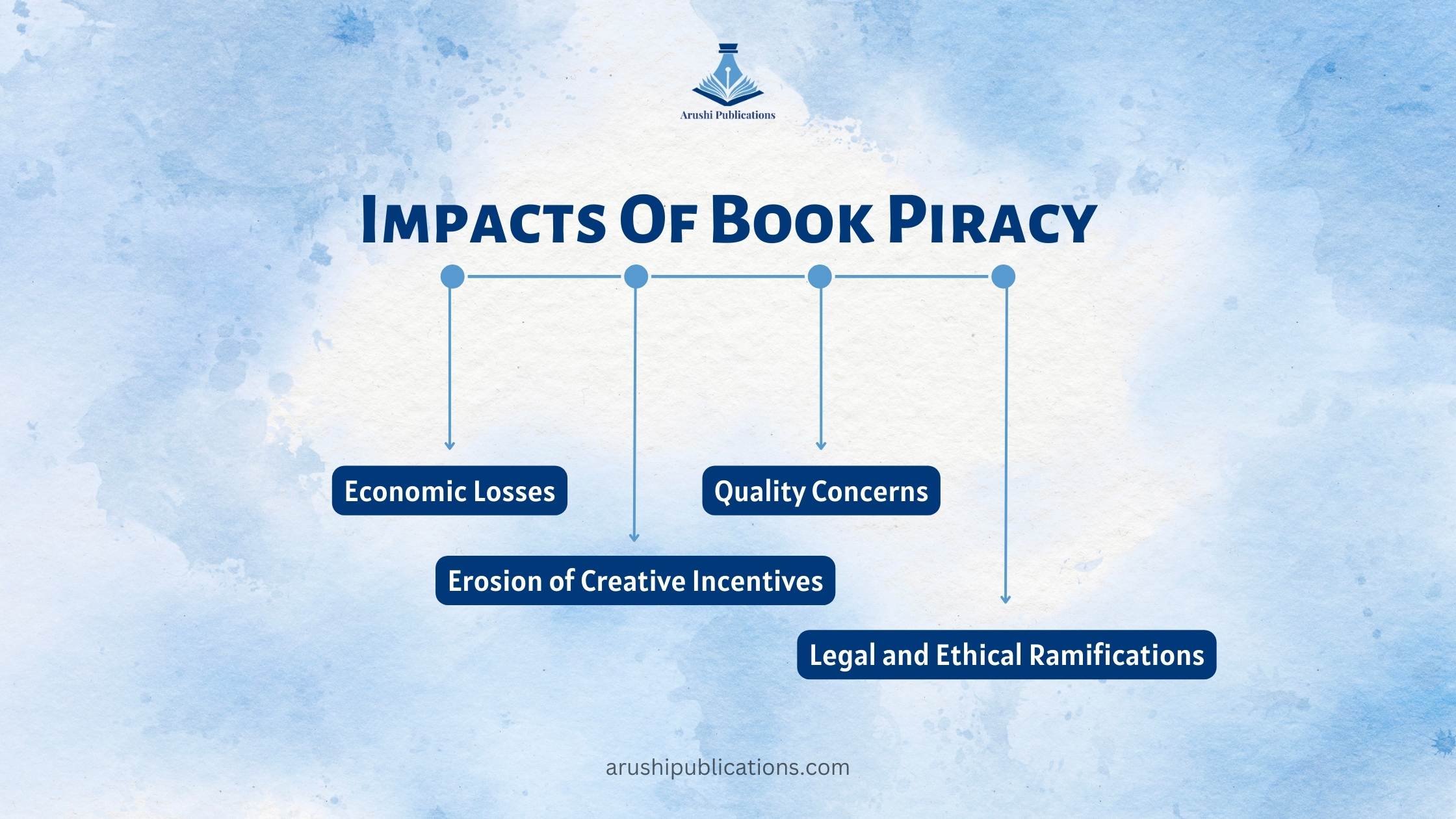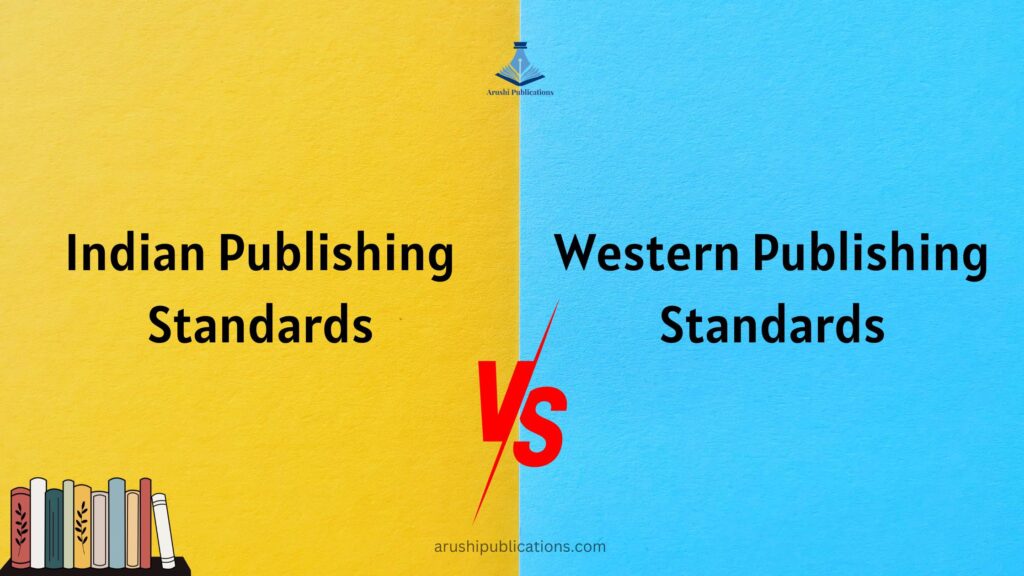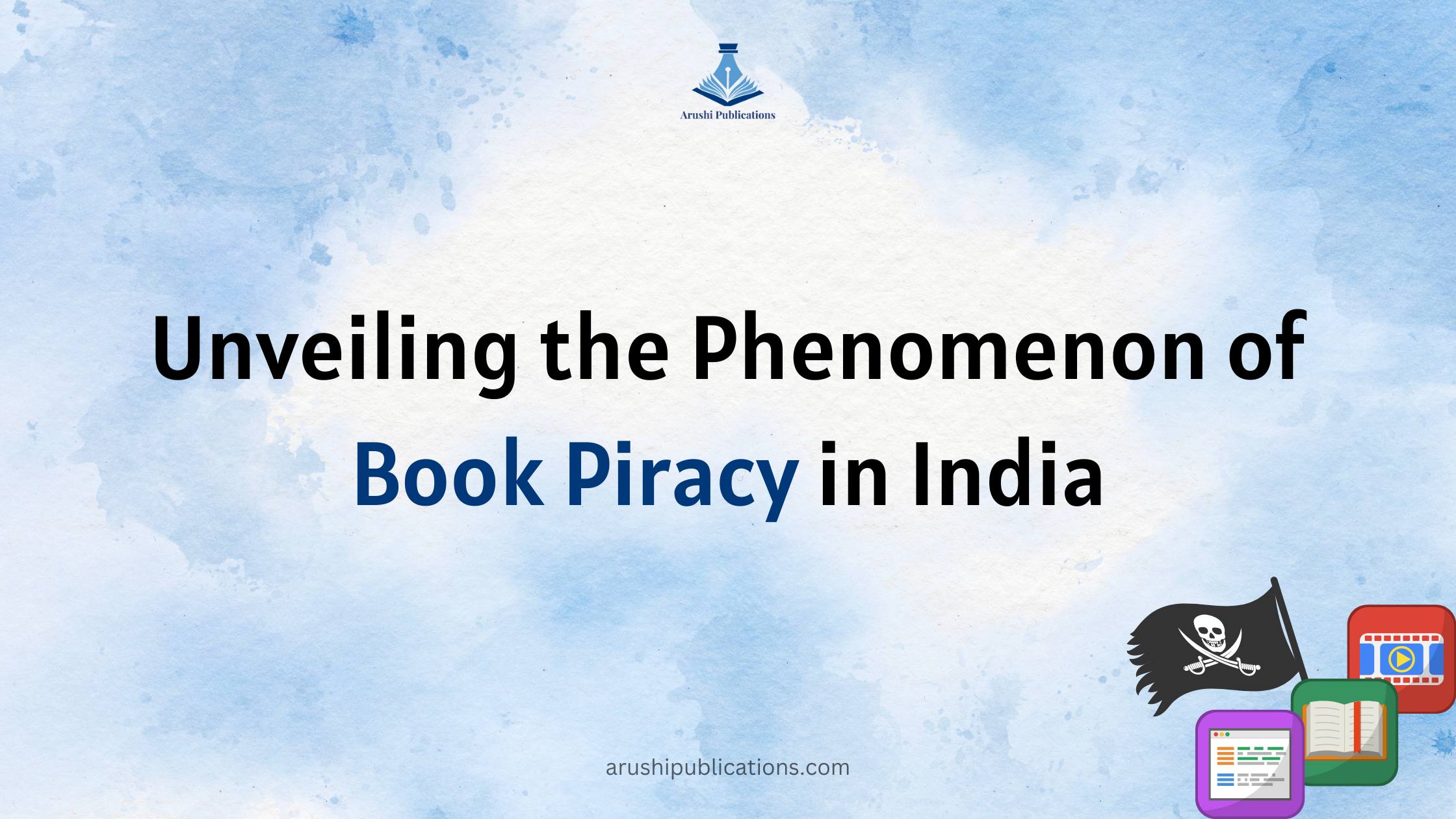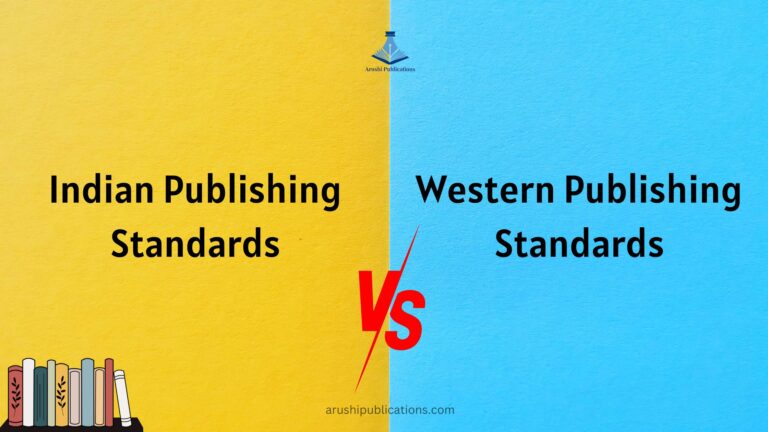In the age of digital revolution and rapid technological advancements, the proliferation of book piracy in India has become a significant concern, not just for authors and publishers, but also for the literary ecosystem as a whole. India, with its diverse population and burgeoning digital market, stands at a crossroads in addressing this issue. Let’s delve into the intricate landscape of book piracy in India, exploring its causes, impacts, and
potential solutions.
Understanding Book Piracy
Book piracy refers to the unauthorized reproduction and distribution of copyrighted literary works. In India, this encompasses a broad spectrum of activities, ranging from the physical photocopying of books to the illegal sharing and downloading of e-books and audiobooks through online platforms and peer-to-peer networks.
Causes of Book Piracy in India
Accessibility and Affordability:
High prices of printed books and limited availability of certain titles prompt readers to seek cheaper or free alternatives.
Technological Advancements:
The ease of digitizing and sharing content online has facilitated the rapid spread of pirated materials.
Enforcement Challenges:
Inadequate enforcement of copyright laws and weak judicial processes contribute to the impunity of book pirates.
Cultural Norms:
Perceptions of piracy as a victimless crime and the normalization of obtaining content without payment perpetuate the practice.
Impacts of Book Piracy

Economic Losses:
Authors and publishers suffer financial losses due to reduced sales and royalties, hindering their ability to sustain their livelihoods and invest in future projects.
Erosion of Creative Incentives:
The prevalence of piracy undermines the incentive for authors to create new works, stifling innovation and diversity in the literary landscape.
Quality Concerns:
Pirated copies often lack quality control measures implemented by legitimate publishers, compromising the reading experience an potentially misleading consumers.
Legal and Ethical Ramifications:
Engaging in book piracy violates intellectual property laws and ethical principles, eroding trust within the publishing industry and society at large.
Addressing Book Piracy
Strengthening Legal Frameworks:
Enforcing existing copyright laws and implementing stricter penalties for offenders can serve as a deterrent against book piracy.
Education and Awareness:
Raising awareness among consumers about the ethical and legal implications of piracy can foster a culture of respect for intellectual property rights.
Promoting Affordable Alternatives:
Making books more accessible and affordable through initiatives such as subsidized pricing, library memberships, and digital lending platforms can mitigate the incentive for piracy.
Collaboration and Innovation:
Encouraging collaboration between authors, publishers, and technology companies to develop innovative solutions such as digital rights management (DRM) and anti-piracy technologies can help safeguard against piracy.

To conclude, book piracy poses a multifaceted challenge that requires a concerted effort from various stakeholders to address effectively. As India continues to navigate its digital transformation, combating piracy and fostering a culture of respect for intellectual property rights are essential to nurturing a vibrant and sustainable literary ecosystem. By implementing proactive measures and fostering collaboration, India can emerge as a beacon of innovation and creativity in the global publishing landscape.




